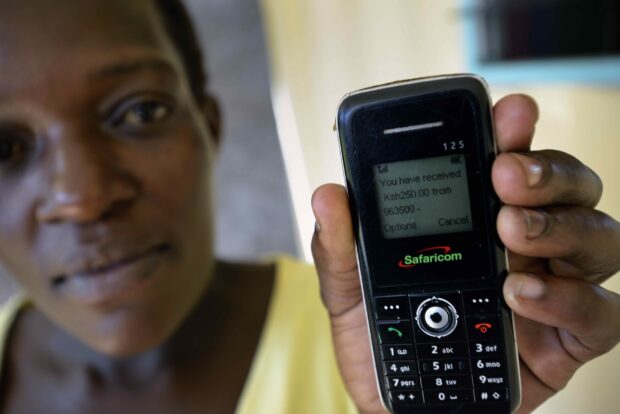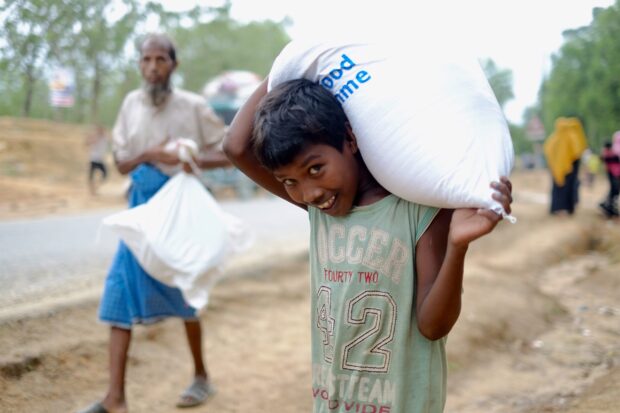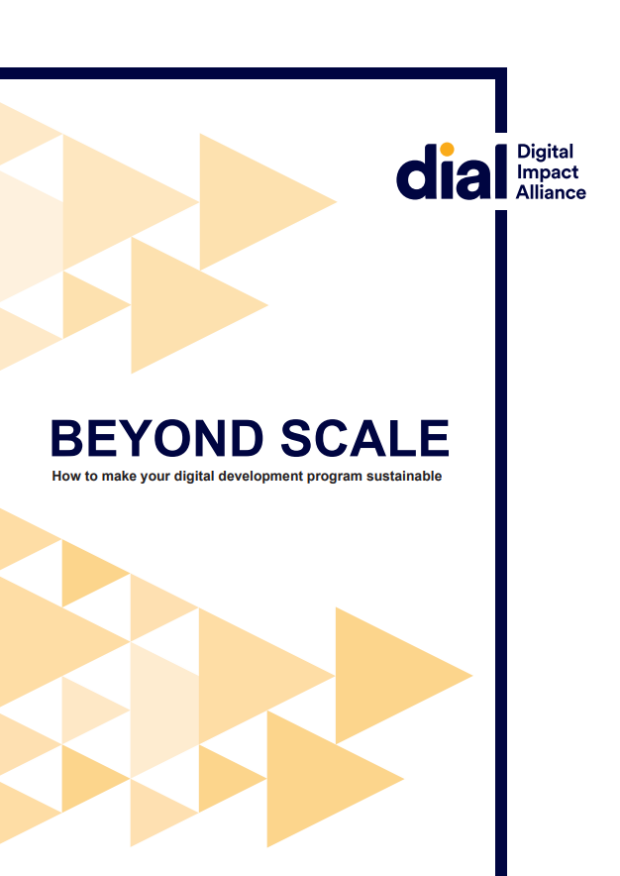In 2017, DIAL, Cooper/Smith, and Infosys embarked on a collaborative effort with the Malawi Ministry of Health and the Malawi Communications Regulatory Authority to demonstrate how mobile network operator (MNO) data can be used for public good.
The working hypothesis was that MNO data and analytics provide a novel and insightful stream of routine information that could be triangulated with more traditional datasets to enhance policy, decision-making, and, ultimately, access to core public services.
Up to this point, leveraging MNO data for broader social benefit was still in its infancy. The goal of this project was to develop and test a proof of concept in Malawi.
Key Takeaways:
- MNO data improves decision-making for public good. MNO data usage by Malawi’s Ministry of Health demonstrated that the mass gathering event dashboard was a useful tool for identifying potential hotspots of COVID-19 transmission. Cooper/Smith believes that leveraging the mass event dashboard could help direct scarce testing resources to areas where transmission is most likely to have occurred.
- The MNO data-enhanced epidemiological model proved to be a critical tool in understanding the historical and future trajectory of the COVID-19 burden. This is especially critical during very intense periods of transmission, or “waves,” when policymakers are interested in understanding the consequences of choices such as business closures, masking, physical distancing measures, school closures, vaccinations, and other approaches.
- These novel analyses provide valuable insights for other, non-health-related use cases, as shown by the discussion with Malawi’s Department of Disaster Management Affairs, which sees the value of such information to improve disaster management. Similar analyses could also be replicated to support other sectors, such as agriculture or education.




